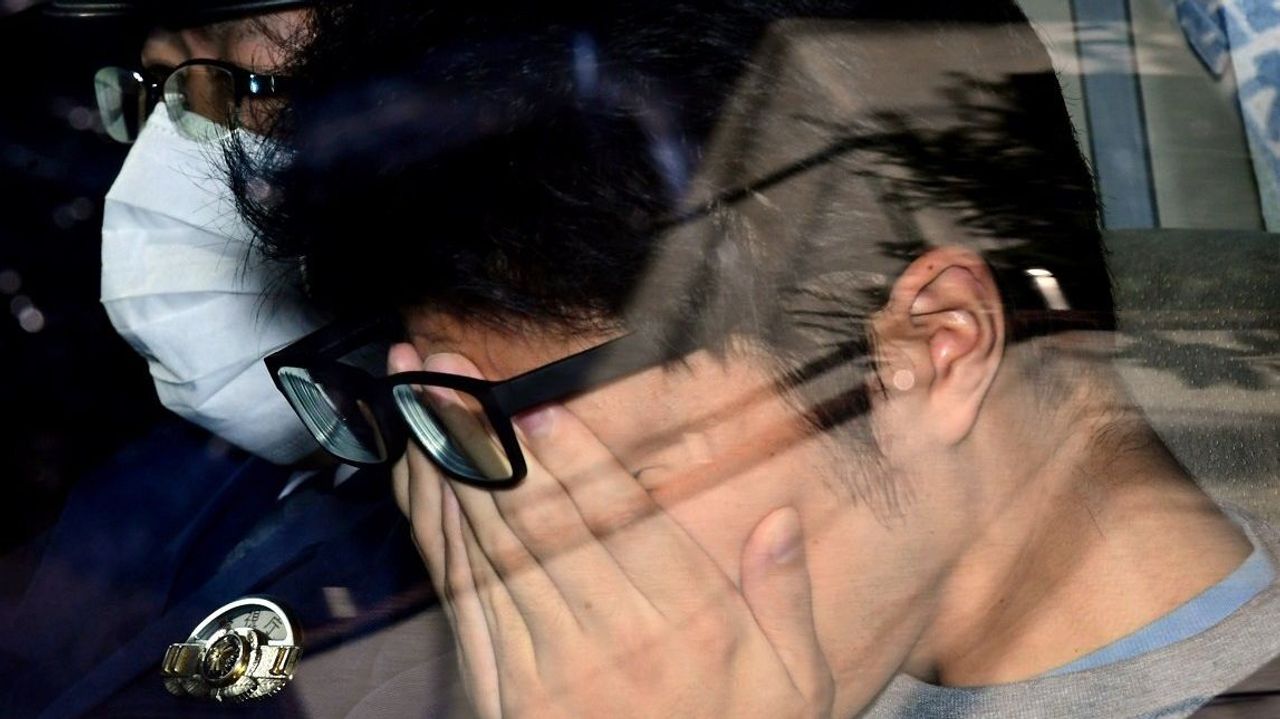The headline centers around a high-profile execution in Japan, where the condemned individual was executed just three days following a meeting with their attorney. This event has stirred considerable interest and controversy due to the short amount of time between the meeting and the execution.
The death penalty is still in force in Japan, a fact that often draws international attention. People in Japan typically have mixed views on the capital punishment system. Advocates cite retribution and deterrence as reasons for its existence. However, the critics argue it goes against human rights, questioning the fairness and transparency of the justice system, especially when, as in this case, the time window between last visits and the actual execution is very short.
In contrast, the U.S and EU have distinctly different approaches towards the death penalty. The EU has abolished it in all circumstances, while in the U.S the death penalty is still practiced, but with a decline in its use. Furthermore, explicit notification, including specified execution dates, is standard in U.S. legal procedure, unlike the suddenness exhibited in this case which is characteristic of the Japanese system.

